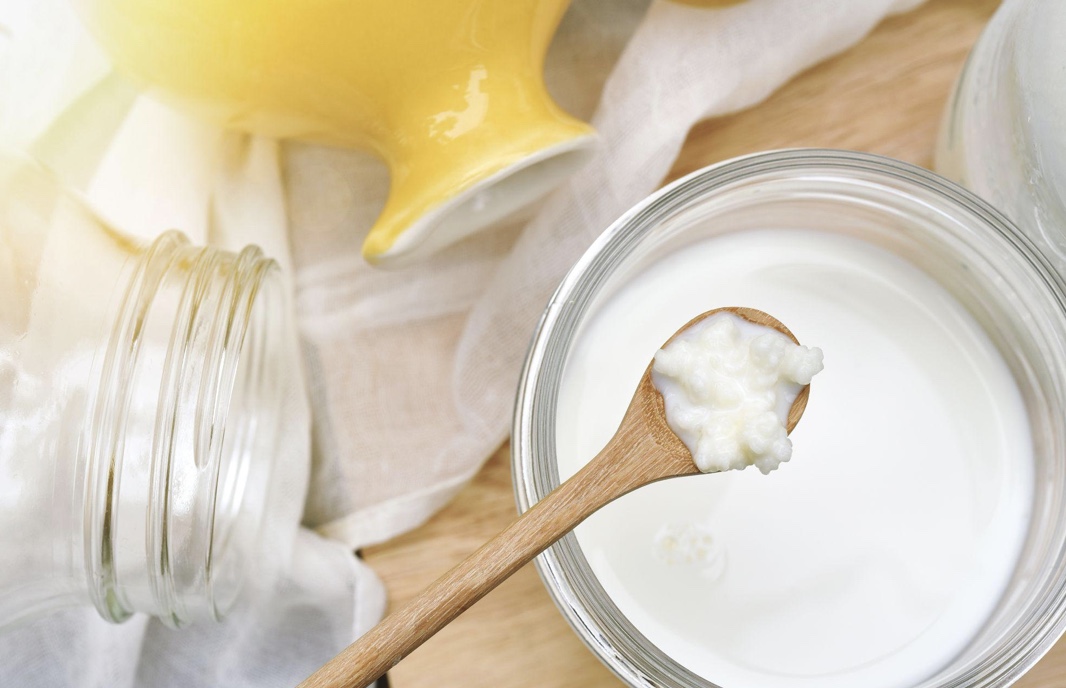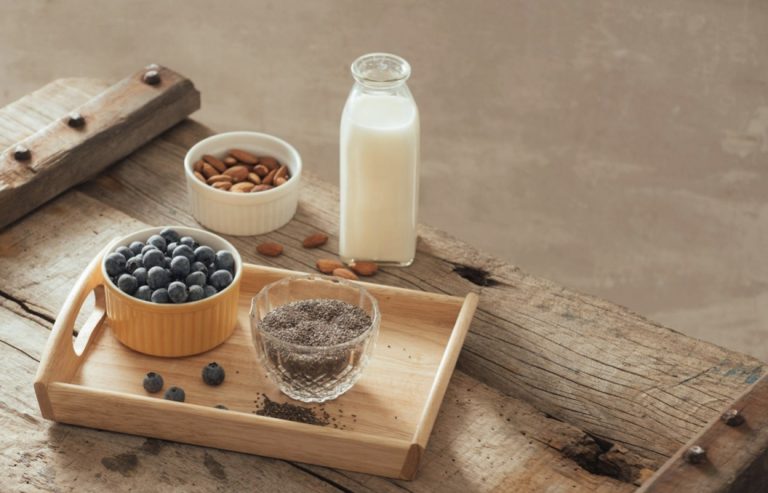Health and wellness are pretty important these days. With the sweeping changes throughout the world taking a toll on the general population’s minds and bodies, it only makes sense to seek other means to remain healthy. Remaining in good health has numerous benefits, including longer life, better mobility, better life insurance quotes, and retaining strength or memory as you age. Many people also like to take vitamins and other supplements to improve their health. Probiotics are one such supplement that seems to have gained some steam in recent years. So what are these magnificent supplements and how can they help your health? Read on to find out.
Story Stages
What Are Probiotics?
Let’s kick things off with a quick primer on what probiotics are. Probiotics are live microorganisms that take up residence in your body. They’re considered “good” bacteria—not the kind that causes illness or inflammation. Whether bacteria or yeast, probiotics make up something called the gut microbiome. The gut microbiome is an essential system that helps keep your body functioning normally and healthy. This might be through digesting food or clearing out harmful bacteria. Sometimes they can improve the immune response or boost it. Other times probiotics can function as a way to clean up the system and act as a digestive aid. Since they’re part of the natural order of things, they work within our bodies to help us thrive.
Probiotic Types
Probiotics are living creatures and are just as varied as any other species. There are several different ones that appear in food and supplements. These include the following strains:
- Bifidobacterium bifidum
- Bifidobacterium lactis
- Bifidobacterium longum
- Lactobacillus acidophilus
- Lactobacillus bulgaricus
- Lactobacillus casei
- Lactobacillus gasseri
- Lactobacillus plantarum
- Enterococcus faecium
- Saccharomyces boulardii
All strains are labeled by their genus, species, and subspecies. Each has a unique effect, with many of the supplements available today containing either the Bifidobacterium or Lactobacillus strains predominantly. They inhibit the growth of pathogenic microorganisms and help promote a healthier gut through their specific functions.
Uses
If you’ve watched any kind of primetime television throughout the last 20 years, you’ve undoubtedly seen those yogurt commercials touting the benefits of probiotics. Sure, probiotics can be found in some yogurts but there are other ways to use them as well. Buttermilk and some types of milk contain probiotics. It’s kind of a dairy thing, really. You’ll also find them in food like Miso soup and drinks made with soy. Today, it’s not uncommon to find them in yogurts, cereals, granola bars, and even infant formula. Consider taking probiotic supplements or capsules if you can’t find the right amounts in the food you eat (or simply don’t like to consume fermented dairy products much).
Benefits
No list of supplement benefits would be complete without the inevitable disclaimer: always speak with your doctor before taking any supplements or making significant changes to your diet. Probiotics have a habit of working their way through your entire system. In the gut, probiotics toil tirelessly to improve immune function, stop hostile bacteria from causing nasty infections, and help your body with its natural digestive processes. Ideally, there will be more good bacteria in your gut microbiome than bad. Occasionally, an imbalance might occur and cause some adverse health effects. That’s when using probiotic supplements can help strengthen your microbiome. Probiotics are regularly used in treating some gut diseases such as Crohn’s disease and irritable bowel syndrome for a reason: they have a profoundly useful effect on attenuating and treating the symptoms of those chronic conditions. Probiotics are also useful for breaking down protein and fat within your digestive tract, making them a worthwhile supplement for a number of conditions.
Possible Side Effects

For all their tremendous benefits, most vitamins and supplements can also have potential side effects on the body. It ultimately depends on a number of factors including overall health, weight, age, gender, and the supplement’s nature. Although probiotics can be very positive, there are some possible side effects of using them. Interestingly, these side effects can sometimes point to the effectiveness of probiotics (indicate that the good bacteria are working). Some of the most prevalent ones are acne, bloating, flatulence, diarrhea, gas, cramps, and rashes. To address this point, many probiotic packages mention the possibility of some minor—and very temporary—side effects like bloating or flatulence. Doctors typically recommend incorporating some exercise, drinking plenty of water, and avoiding alcohol consumption. Probiotics can be quite beneficial, but always pay attention to your health and check with a physician if you’re ever in doubt.
